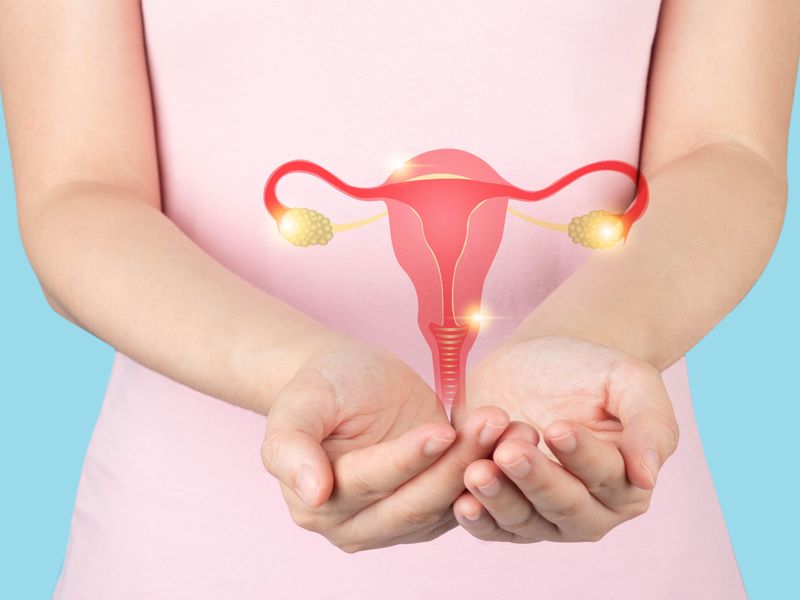
FRIDAY, Sept. 22, 2023 (HealthDay News) — Artificial intelligence (AI) and machine learning (ML) have high diagnostic and classification performance for detection of polycystic ovarian syndrome (PCOS), according to a review published online Sept. 18 in Frontiers in Endocrinology.
Francisco J. Barrera, M.D., from the Harvard T. H. Chan School of Public Health in Boston, and colleagues conducted a systematic review of the literature to examine the utility of AI/ML in the diagnosis or classification of PCOS. Data from 31 studies were included in the review.
Ten studies employed standardized criteria, while 17 used clinical information with/without imaging. Support vector machine, K-nearest neighbor, and regression models were the most commonly used AI/ML techniques (42, 26, and 23 percent of studies, respectively). The researchers found that the areas under the receiver operating characteristic curve, which were employed to compare AI/ML to clinical diagnosis, varied from 73 to 100 percent; diagnostic accuracy varied from 89 to 100 percent; and sensitivity and specificity varied from 41 to 100 and from 75 to 100 percent, respectively. Positive predictive value ranged from 68 to 95 percent and negative predictive value ranged from 94 to 99 percent.
“Our findings suggest that there is a high potential of AI/ML based programs in the diagnosis and care of PCOS, but that future studies should focus on enhancing methodological robustness and incorporating variables and outcomes of clinical importance,” the authors write.
Copyright © 2023 HealthDay. All rights reserved.




